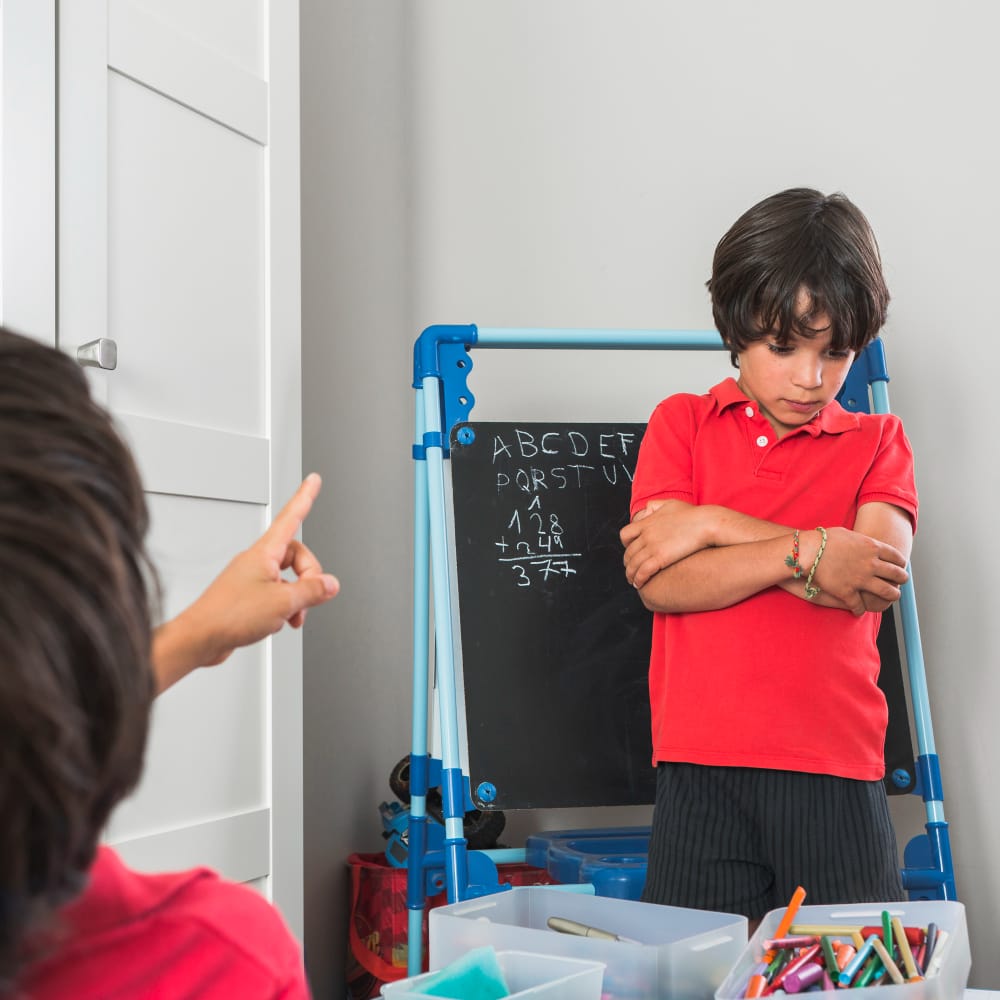Emotional Intelligence:
What exactly is Emotional Intelligence?
People who are deemed to be emotionally intelligent are said to have the ability to recognise, understand and manage their own feelings, as well as the feelings of others. The are able to show understanding and empathy and have the ability to see things from others’ point of view.
Why is it important for our children to be emotionally intelligent?
- Emotional Intelligence promotes the development of self-knowledge
- Emotionally Intelligent children are often self-motivated and are able to set their own goals
- They have the ability to interact meaningfully with others and
- The have the ability to separate their emotions from logic and to effectively use information in making important decisions and choices
Experts often describe emotionally intelligent children as being:
- Confident and independent
- Optimistic
- Sociable and friendly
- Empathetic – children with high EQ’s often act as peace makers
- Able to cope easily both in groups and with individual work
- Able to express their emotions appropriately
- Able to control impulsive behaviour
- Able to show affection
- Able to control their own behaviour and manage their moods
- Able to set goals, solve problems and manage or avoid conflict
In order to raise emotionally intelligent children we need to be emotionally intelligent parents and teachers. We need to learn to recognise and manage own own feelings and to model positive coping strategies.
How should we go about parenting if we want to raise emotionally intelligent children?
- Determine whether the reaction is characteristic of the child’s stage of development? It is completely normal for a 2-year old to have a tantrum when they don’t get their way, but it’s not acceptable for a 16-year old to behave in this way.
- Accept both negative and positive emotions in your children
- Teach your children that all emotions are acceptable, BUT that only some forms of behaviour are acceptable (for instance, it’s okay to get angry BUT it’s not okay to hit your sister when you’re angry)
- Teach children to express their negative emotions appropriately (by, for instance, tearing up old newspapers, going for a run or shouting into a pillow)
- Never ignore your child’s emotional responses, take the time to listen and empathise
- Use emotional outbursts as opportunities for growth and teach your children more appropriate responses
- Explain that people react differently to situations
- Encourage your children to solve their OWN problem in their OWN way (When they approach you with a problem, empathise with their situation and then ask:”What do you think you should do about it”. Remember that younger children will need more guidance in choosing the correct response).
- Learn to trust your child’s capacity to handle his own feelings
- Accept and teach your children that feelings are transitory and that … “this too shall pass”
- Set age-appropriate boundaries
- Be consistent with rules and discipline
- Never belittle your child’s feelings, no matter how silly a reaction may seem to you
- Help your children to form positive and healthy relationships with their peers
- Teach your children to compromise
- Teach them, by example, how to seek social and emotional support



